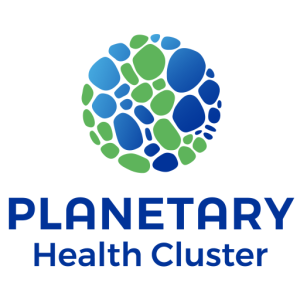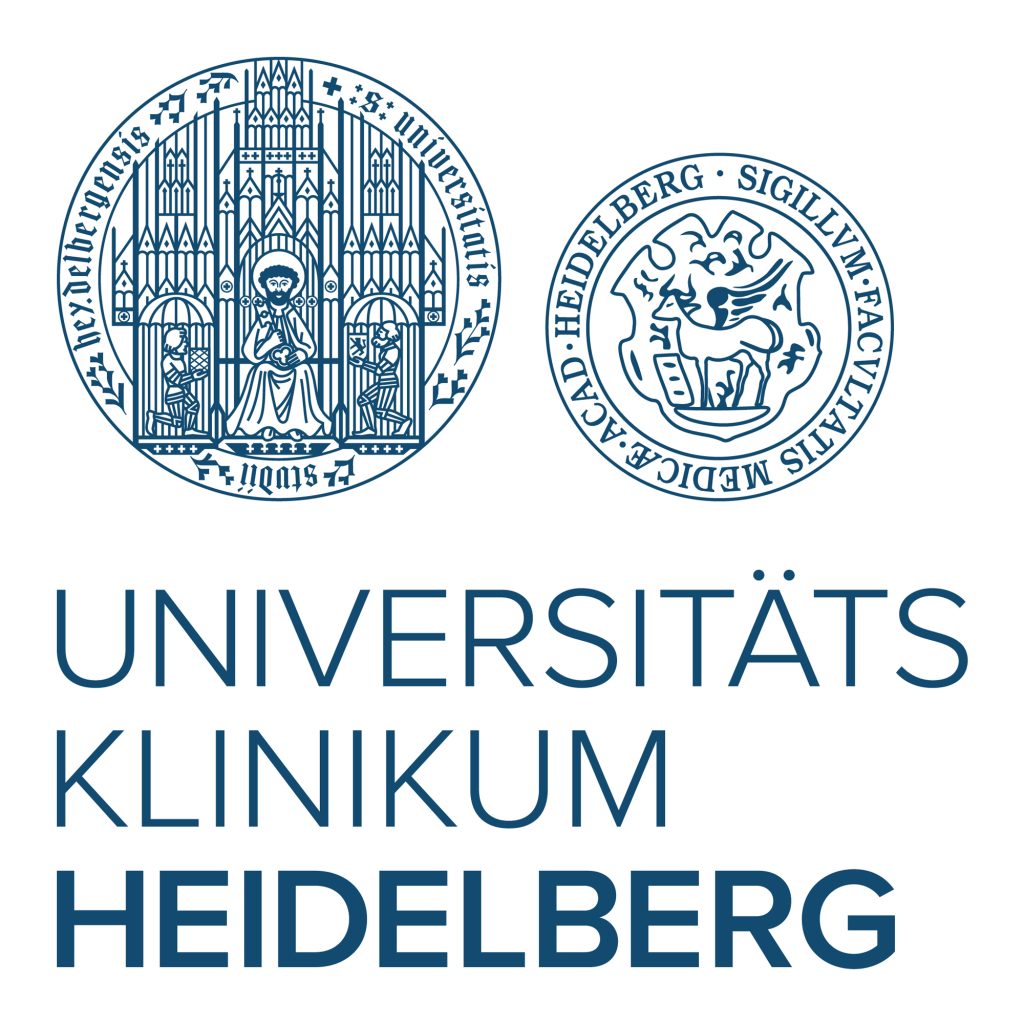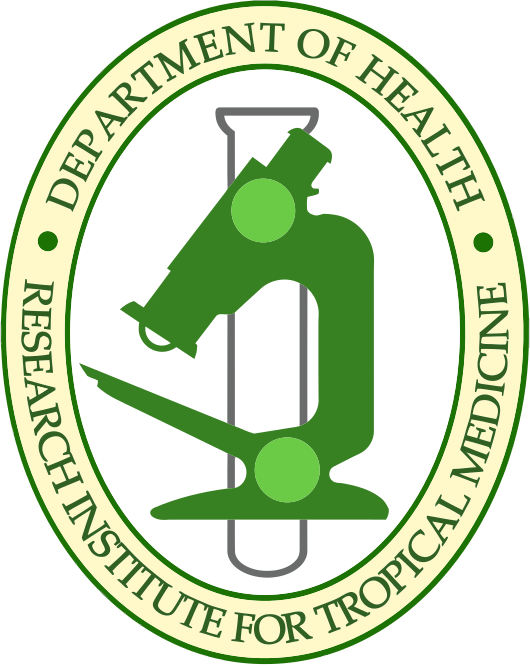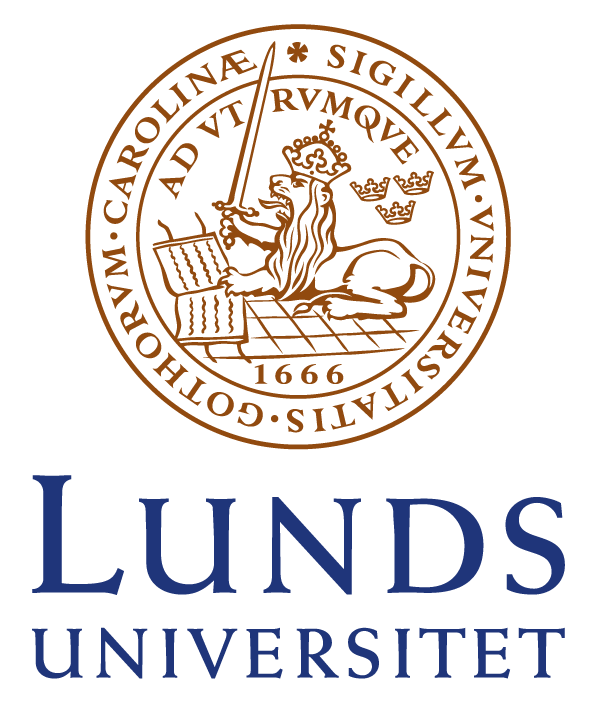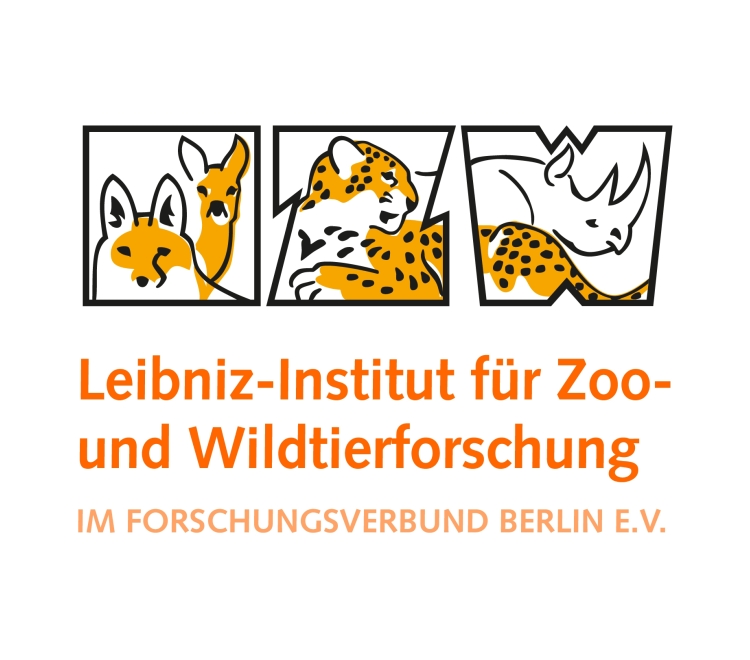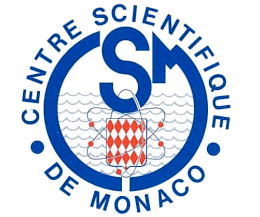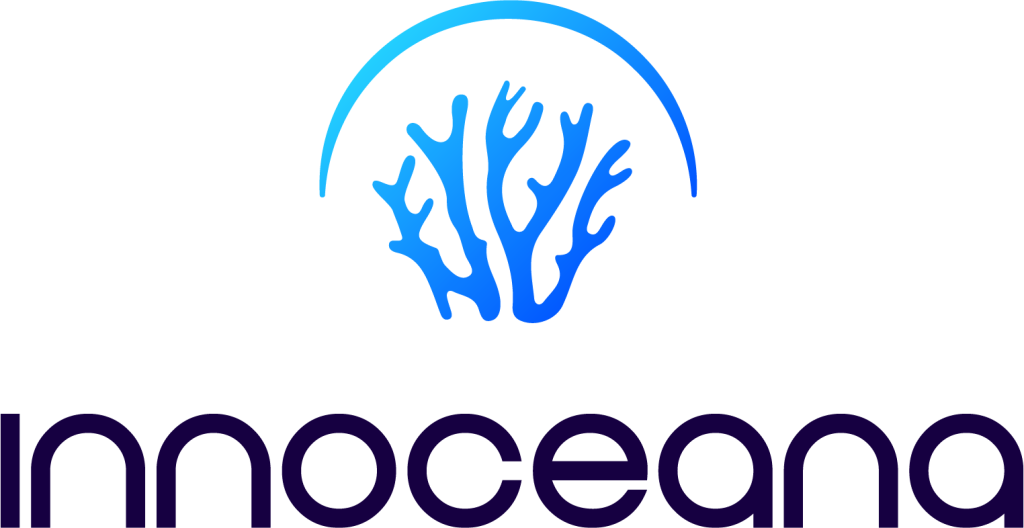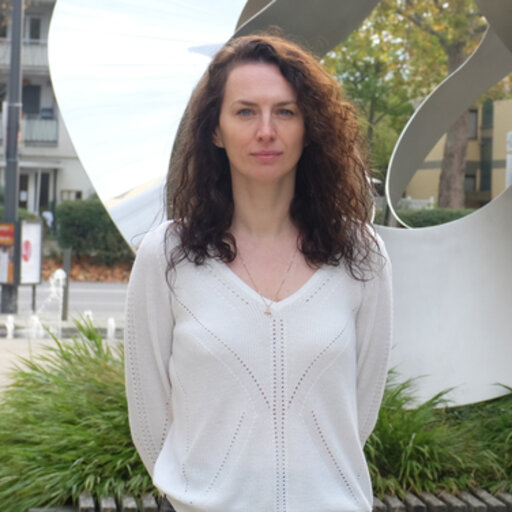Community-based engagement and interventions to stem the tide of antimicrobial resistance spread in the aquatic environments catalysed by climate change and plastic pollution interactions
TULIP SCOPE
Focus
Antimicrobial resistance (AMR), plastic pollution & climate change in aquatic environments
Evidence
A transdisciplinary socio-ecological systems thinking approach, robust environmental science methods, eco-epidemiology, modelling, adaptive sampling design, and state-of-the-art molecular tools to generate scientific evidence on plastic-AMR-climate interactions
Solutions
Methodology of intervention and social sciences to explore social driving factors and current policies and design and evaluate community-based interventions and nature-based solutions
Pandemic of antimicrobial resistance (AMR), plastic pollution and climate change are interconnected
Microplastics (MP) is a unique microhabitat for free-living and surface-attached bacterial communities “the plastisphere” where they form biofilms facilitating horizontal transfer (HGT) of antibiotic-resistance genes among bacteria.
Antimicrobial resistome of the plastisphere is plastic resistome. It can spread in aquatic environments under the impacts of climate change on hydrological processes. Temperature changes may prolong the period suitable for cell division and HGT, creating new habitats for bacteria to exist, spread and develop. Aquatic environments are interfaces for the socio-ecological interactions between humans, animals and the waters containing plastic resistome, facilitating exposure to water-borne AMR.
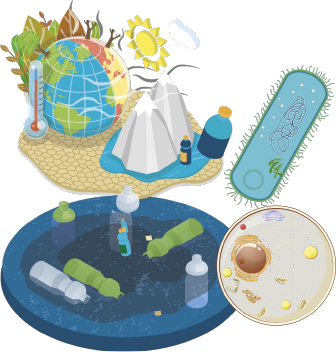
TULIP
Creates & Advances
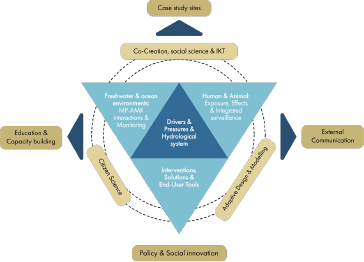
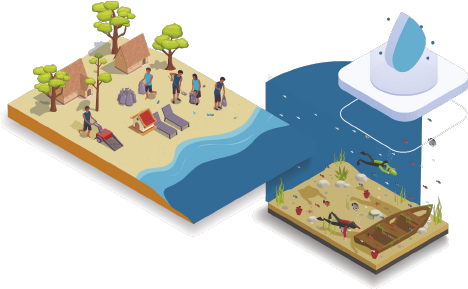
TULIP
Study Sites
The tulip consortium
TULIP is an European Union financed research consortium of 12 Universities, Institutions and Companies. All consortium members are working hand in hand to optimise Planetay Health.


Our mission
Providing evidence based scientific solutions and recommendations to cope with climate change and anthropogenic challenges. Utilising novel approaches based on Planetary Health & socio-ecological systems thinking…
THE TULIP PROJECT
Our scientific work contributes to an optimal Planetary Health
TULIP HORIZON-HLTH-2023-ENVHLTH-02 – Environment and health 101136659
Pandemic of antimicrobial resistance (AMR), plastic pollution and climate change are interconnected.
For more information you can contact us any time 😉

